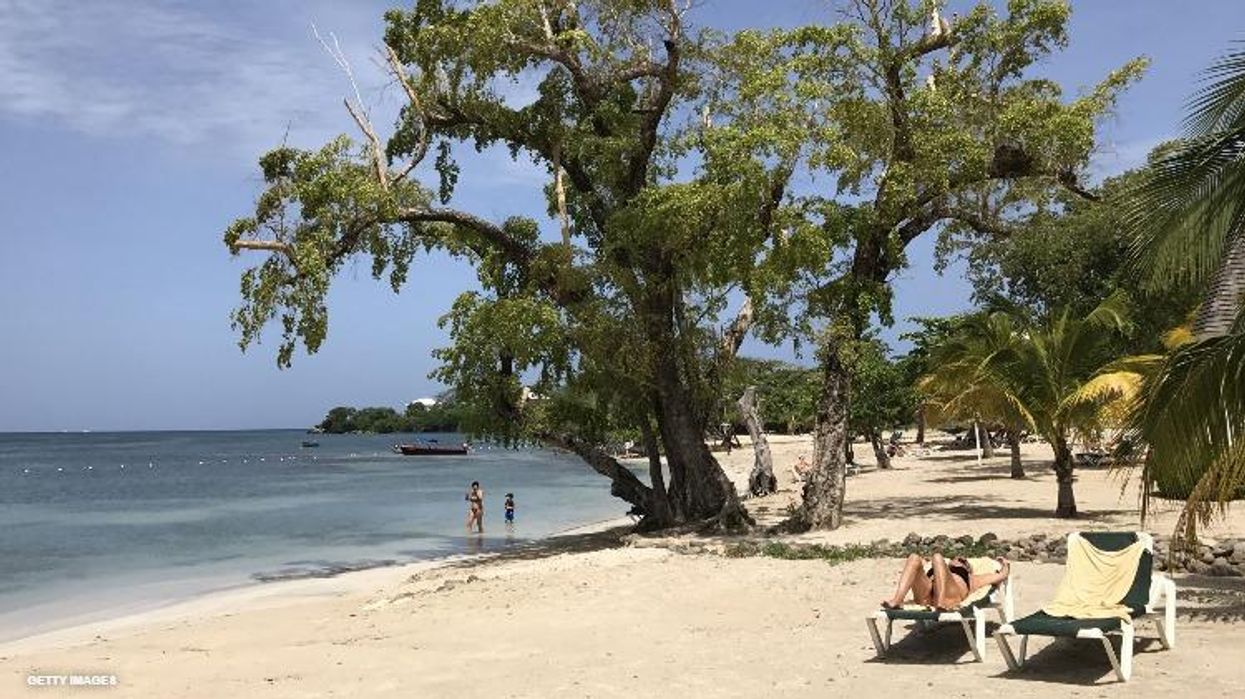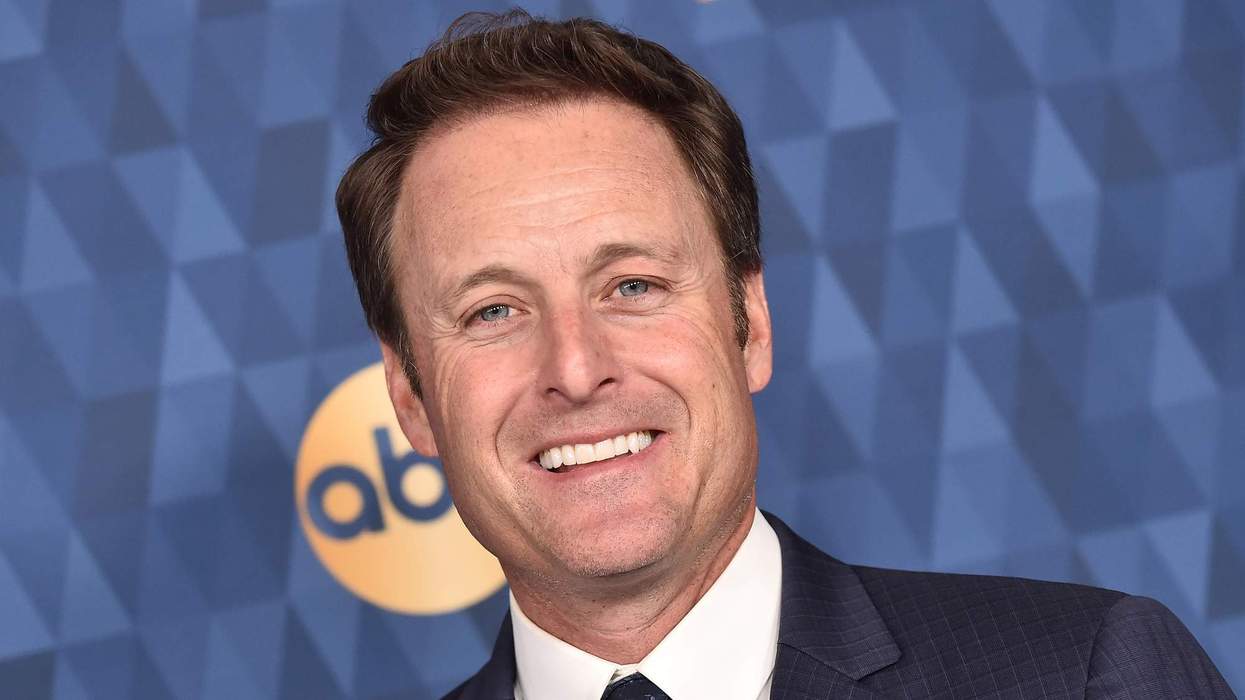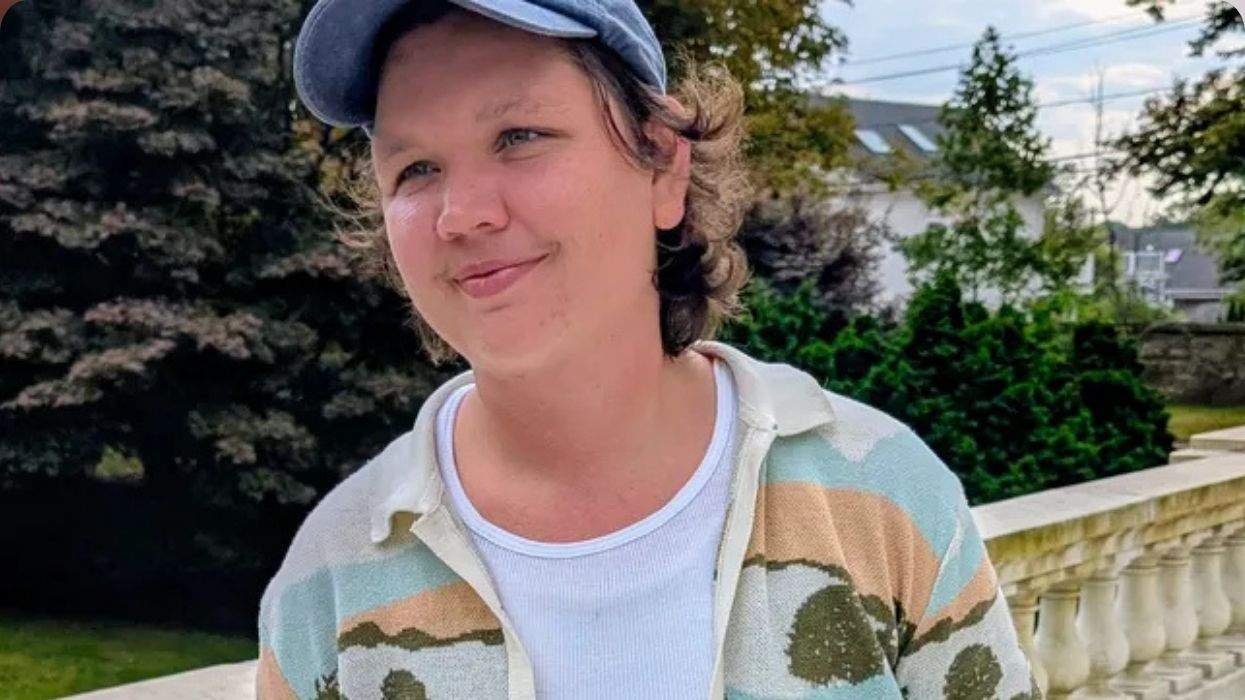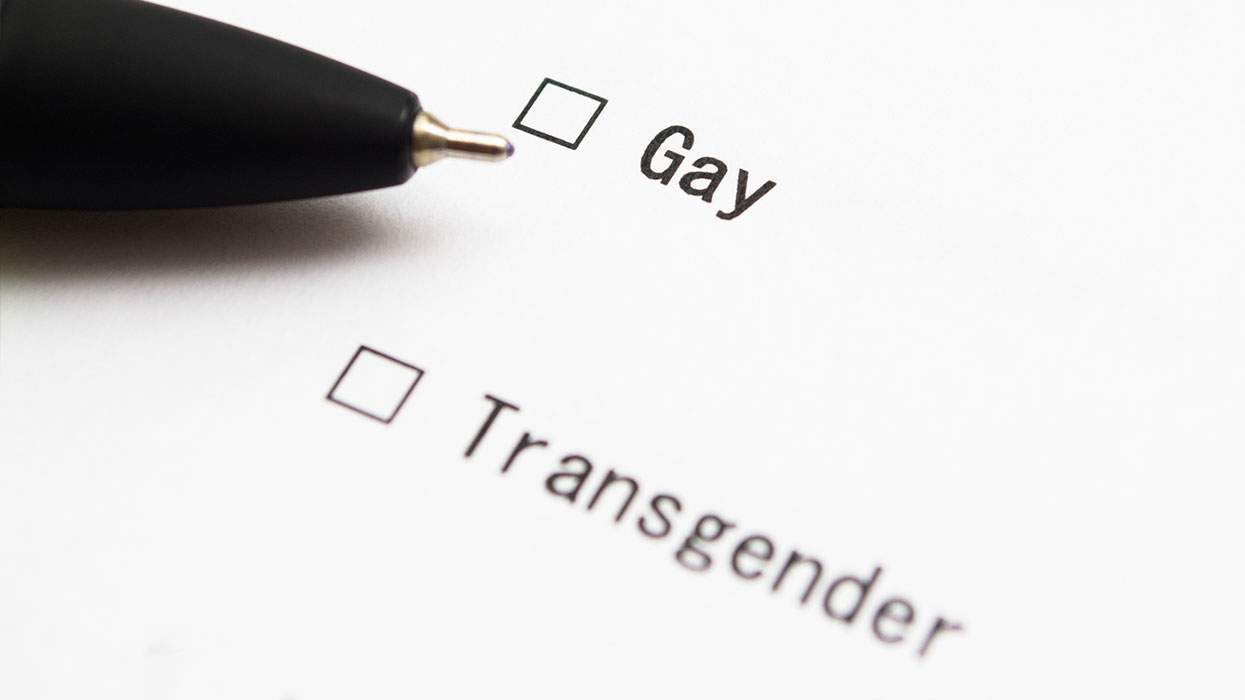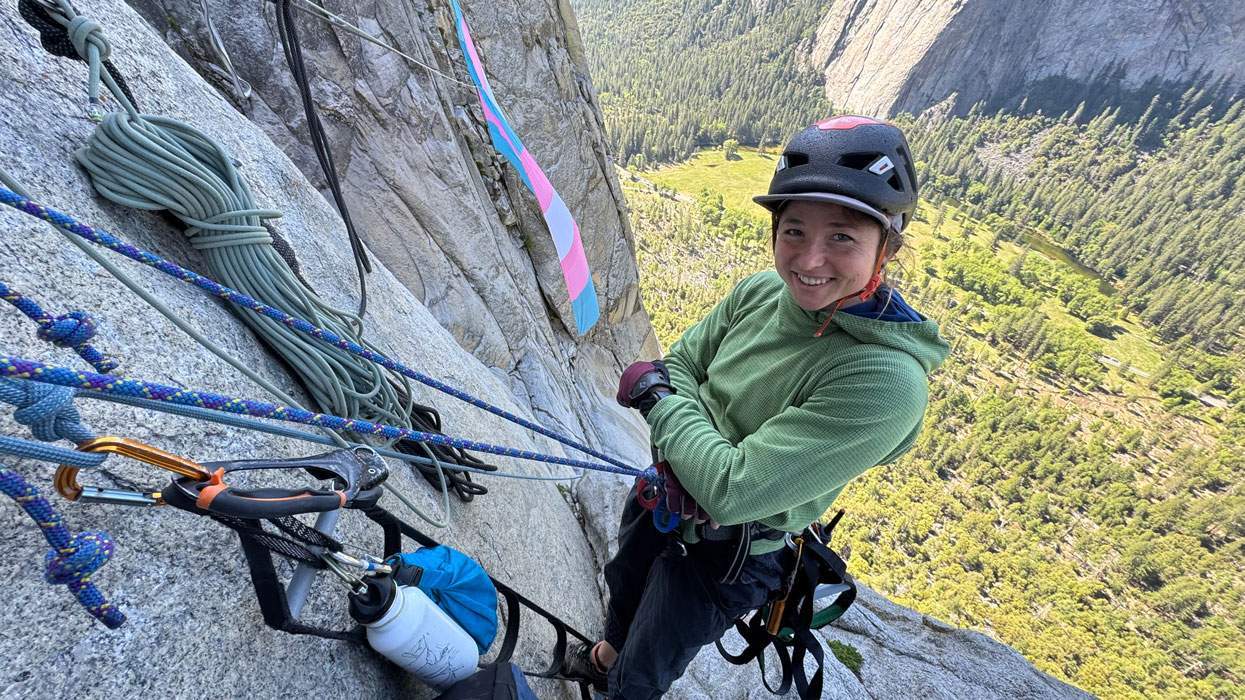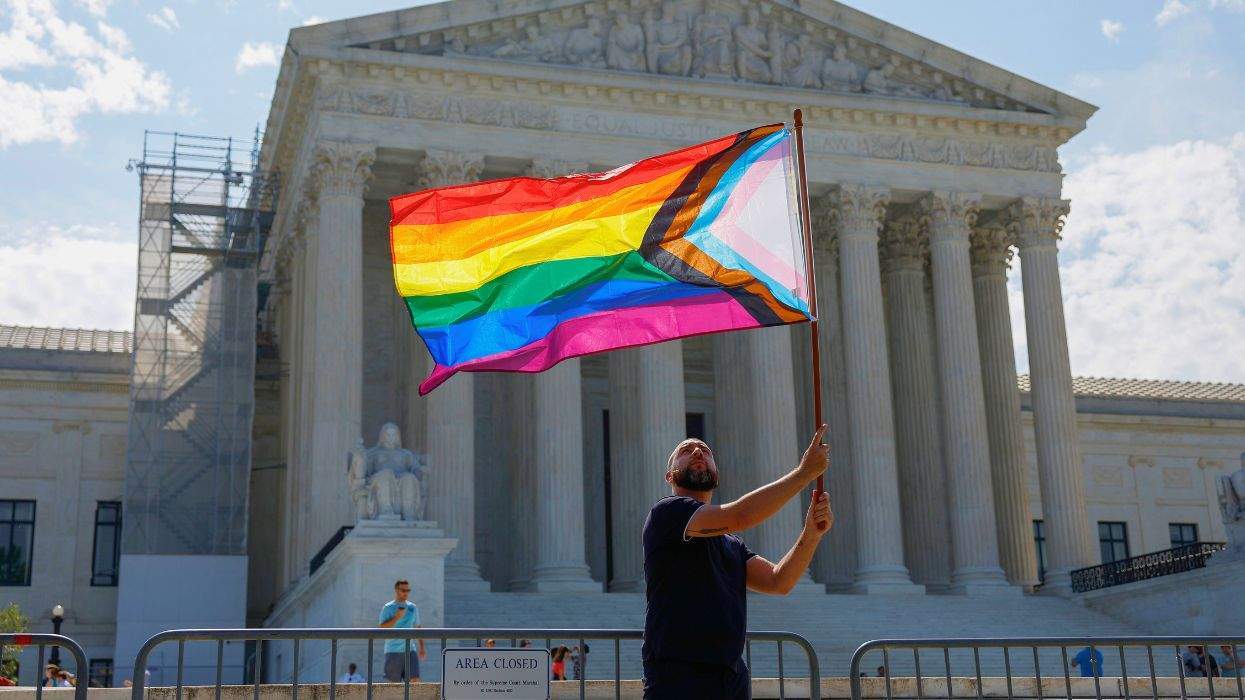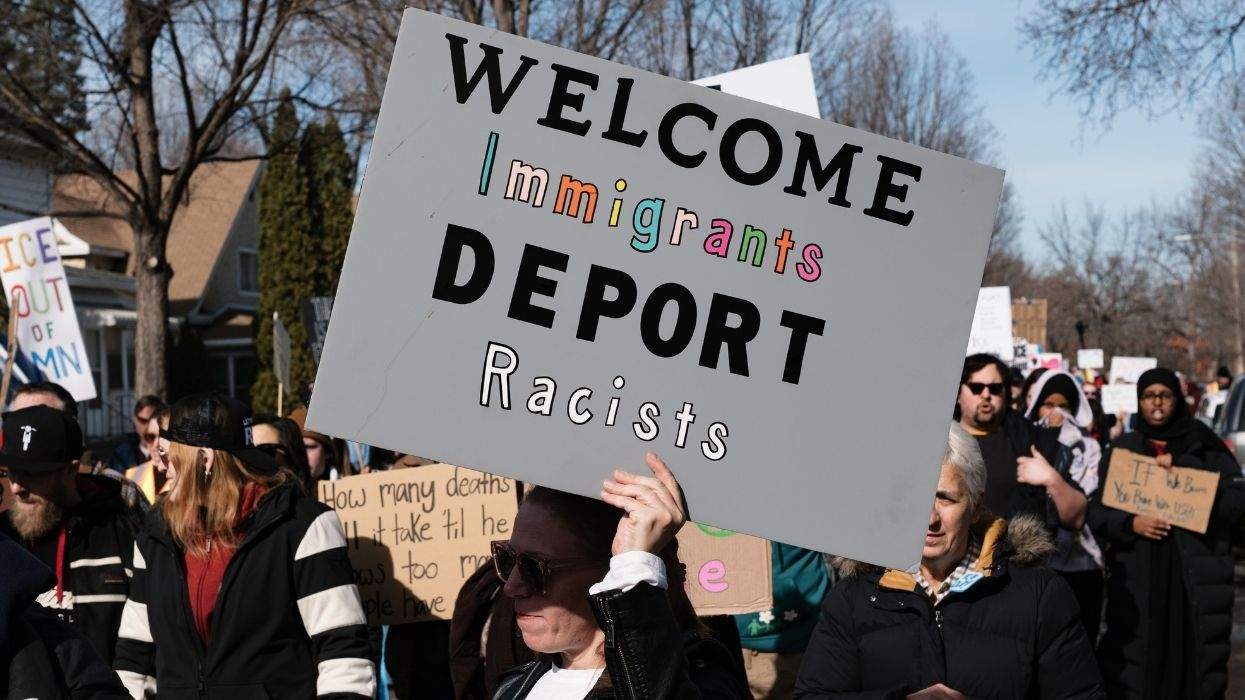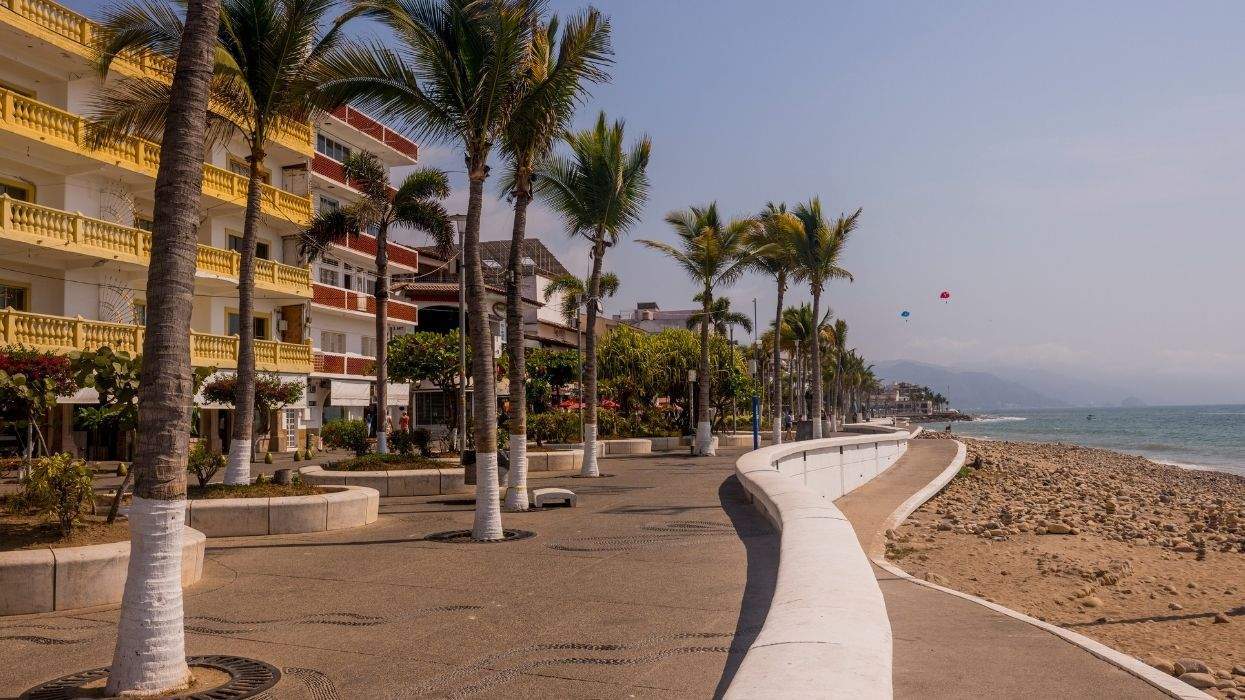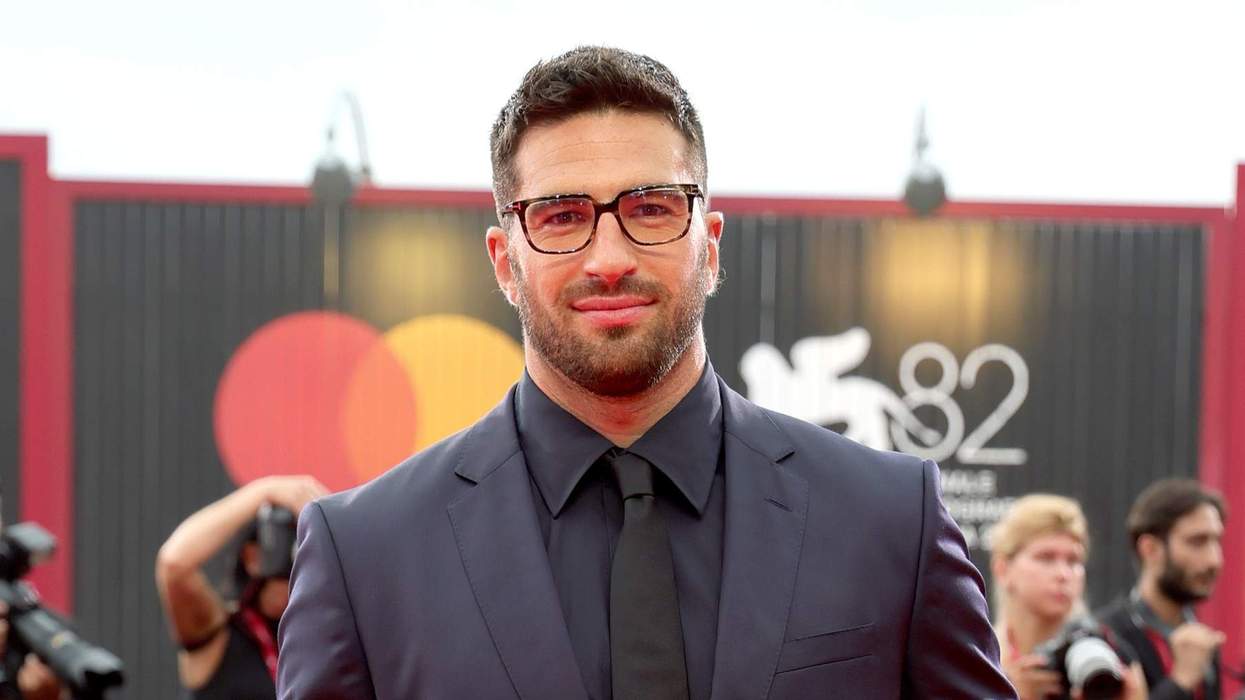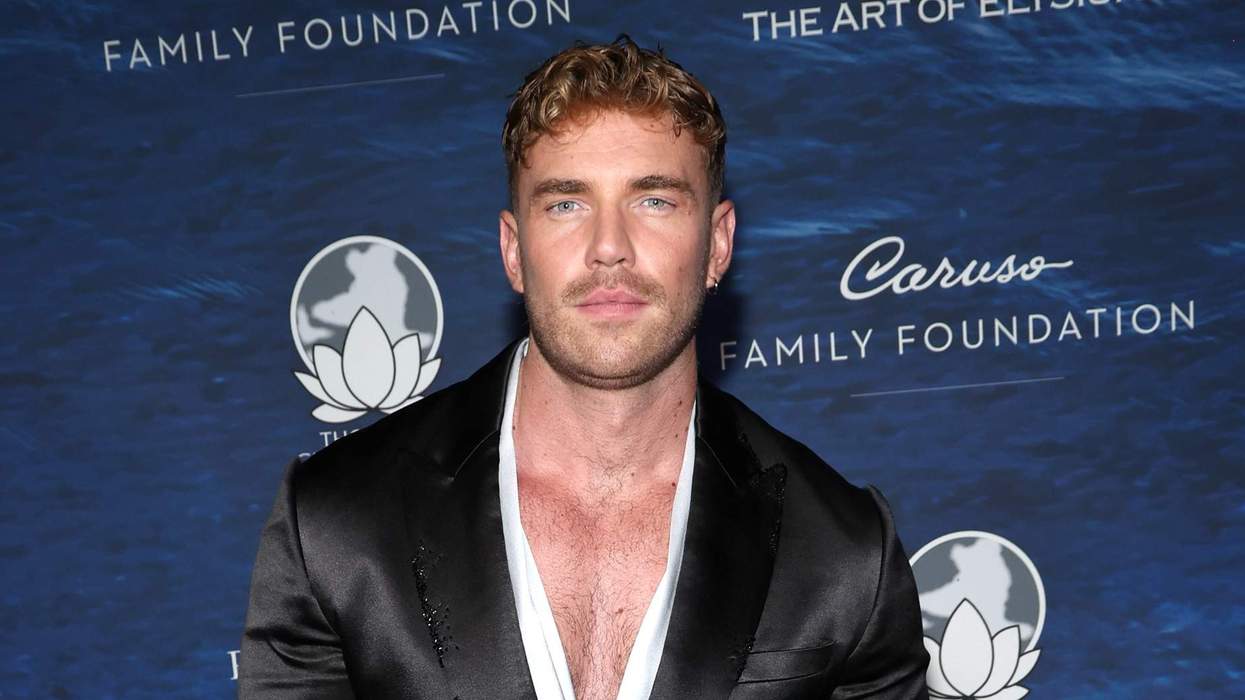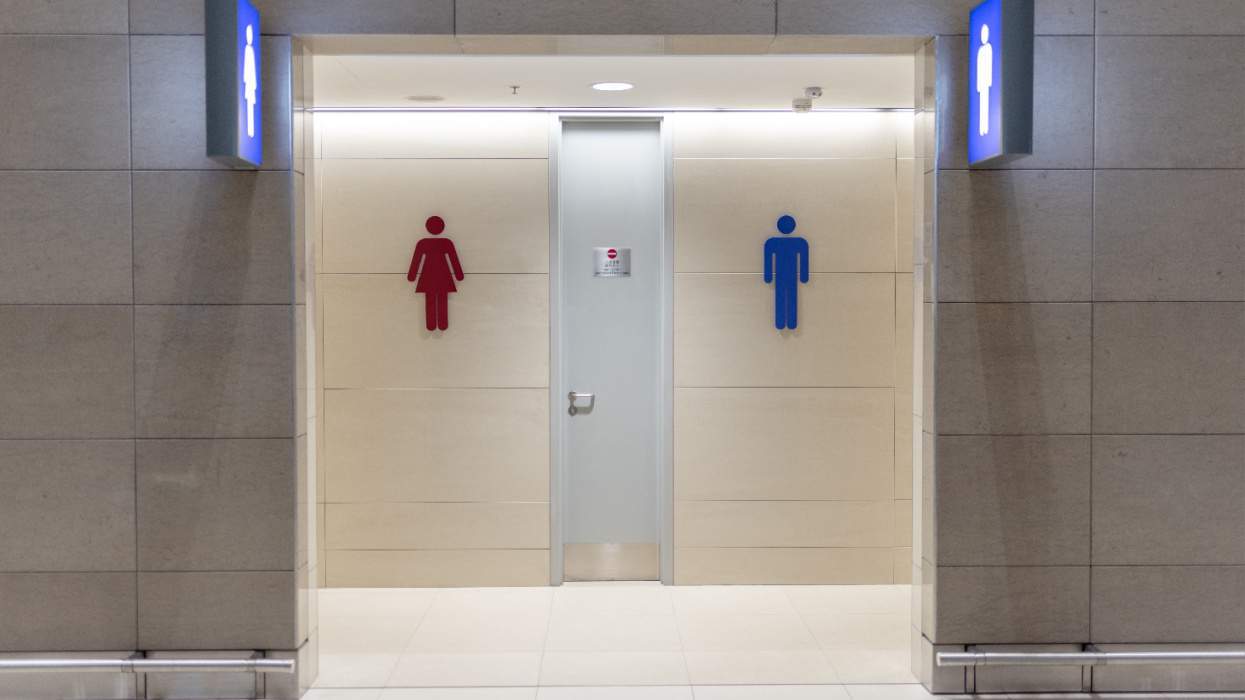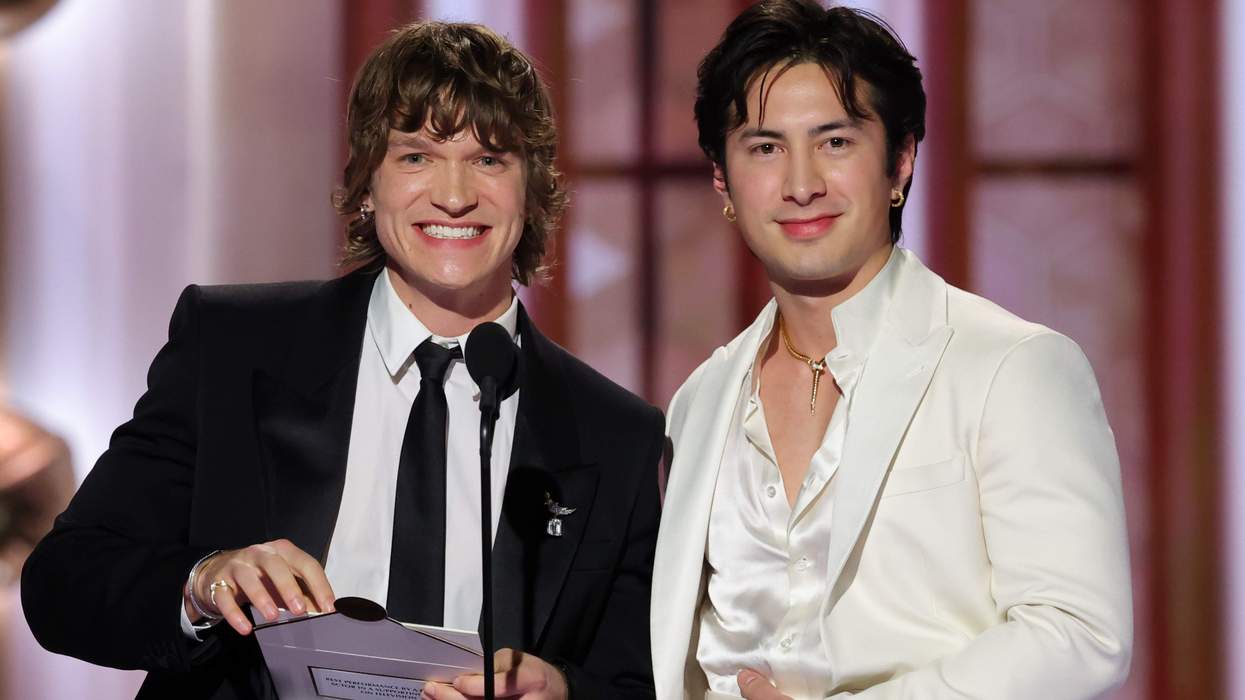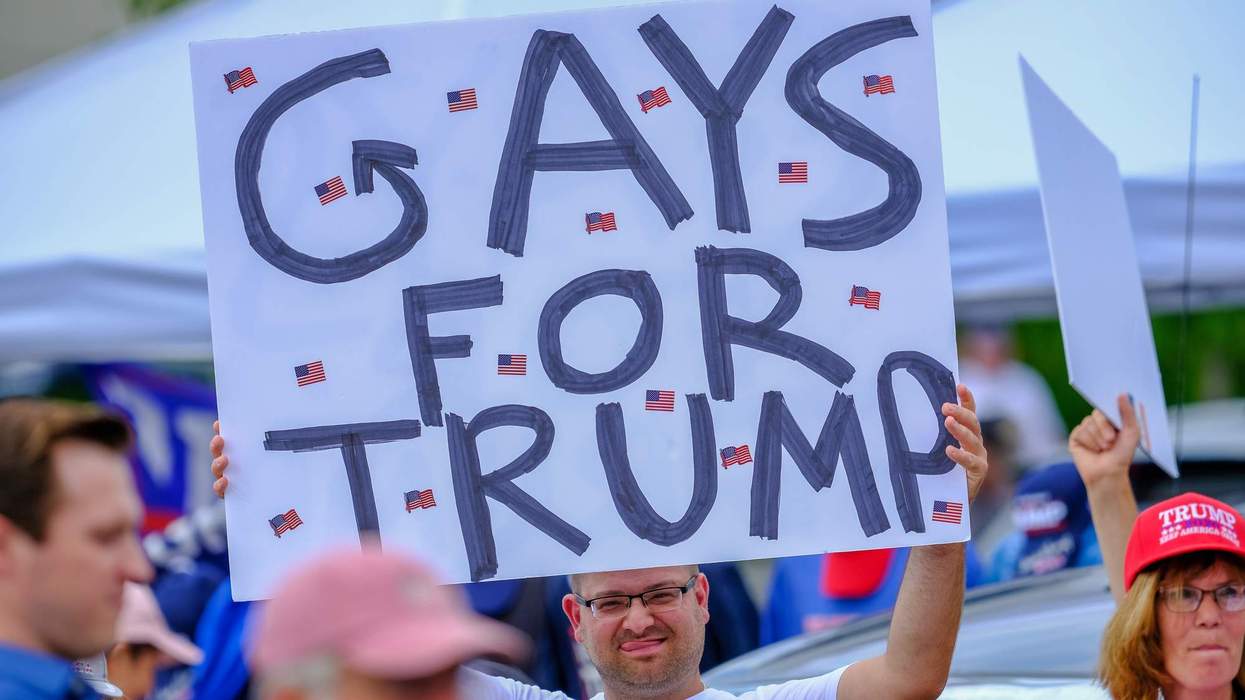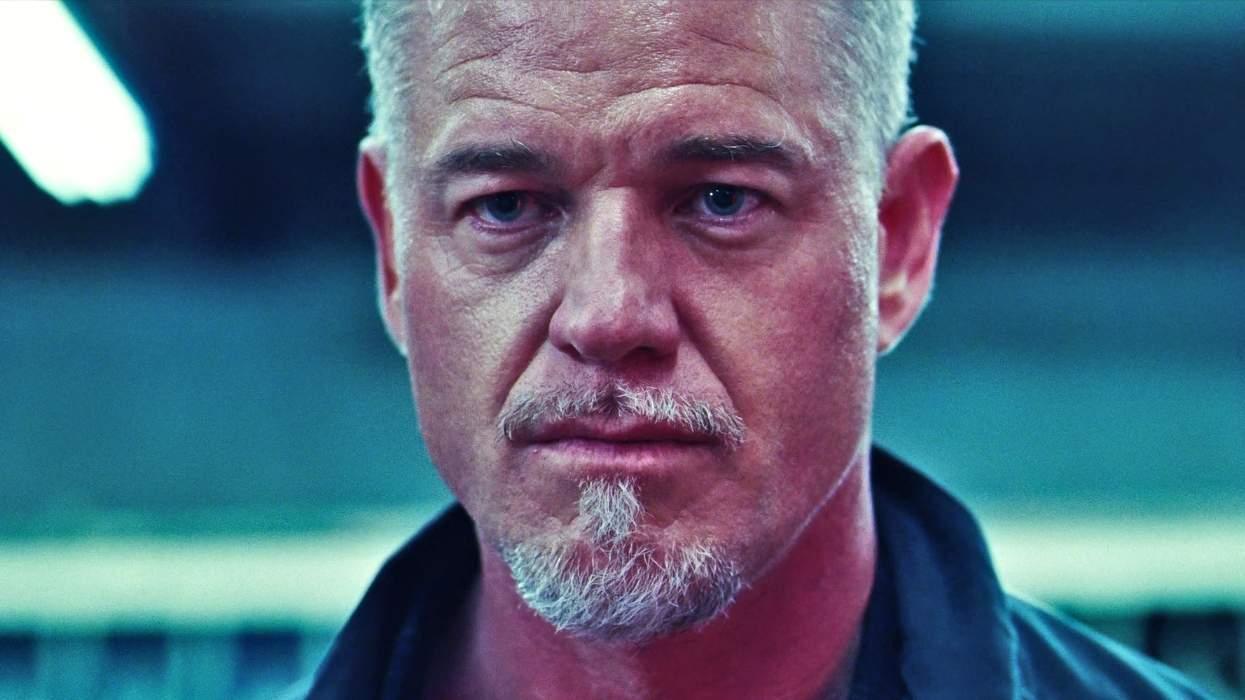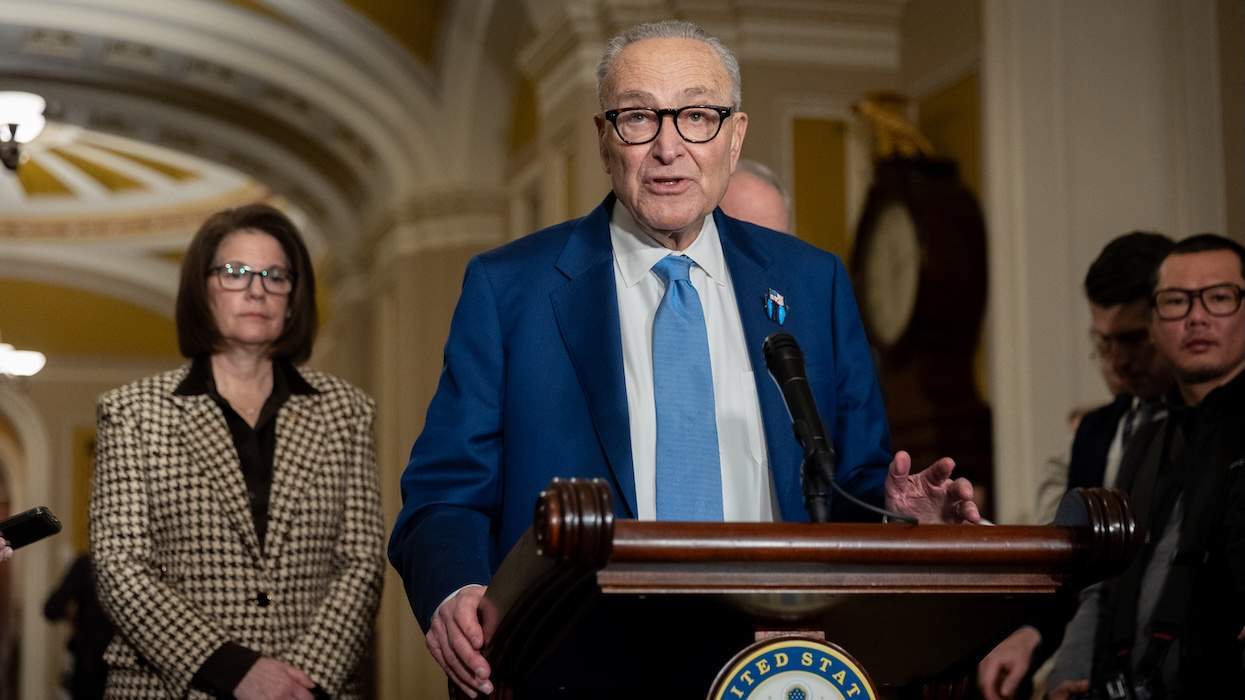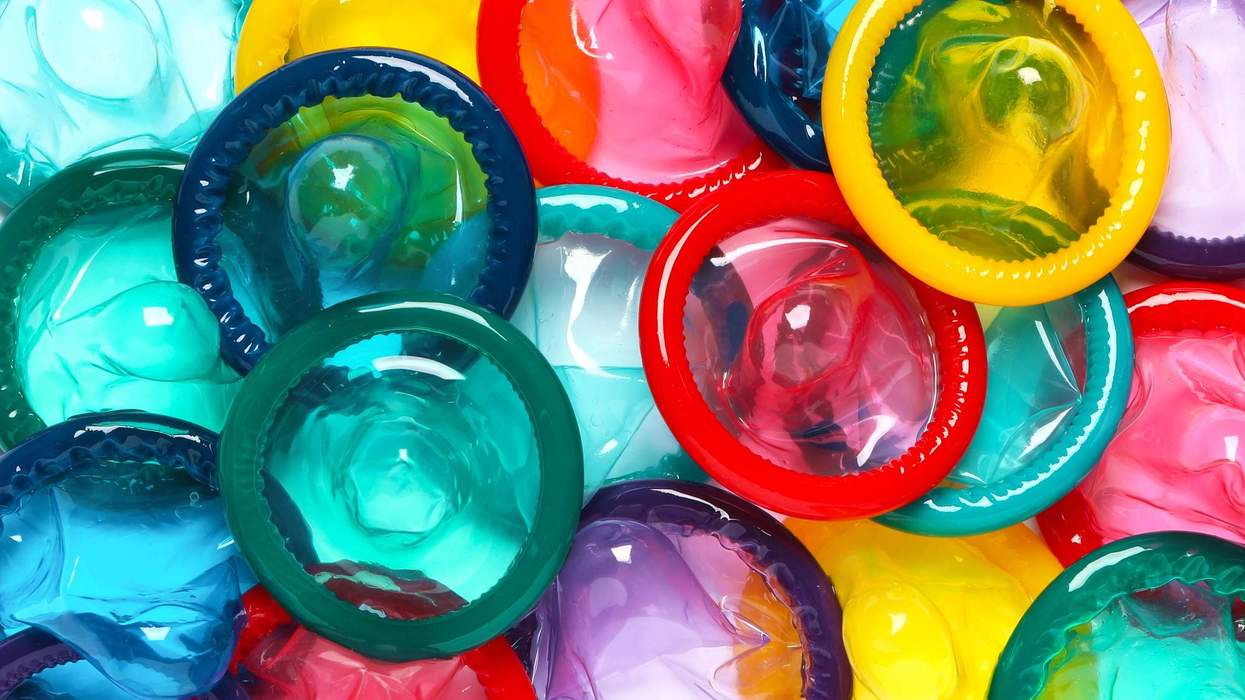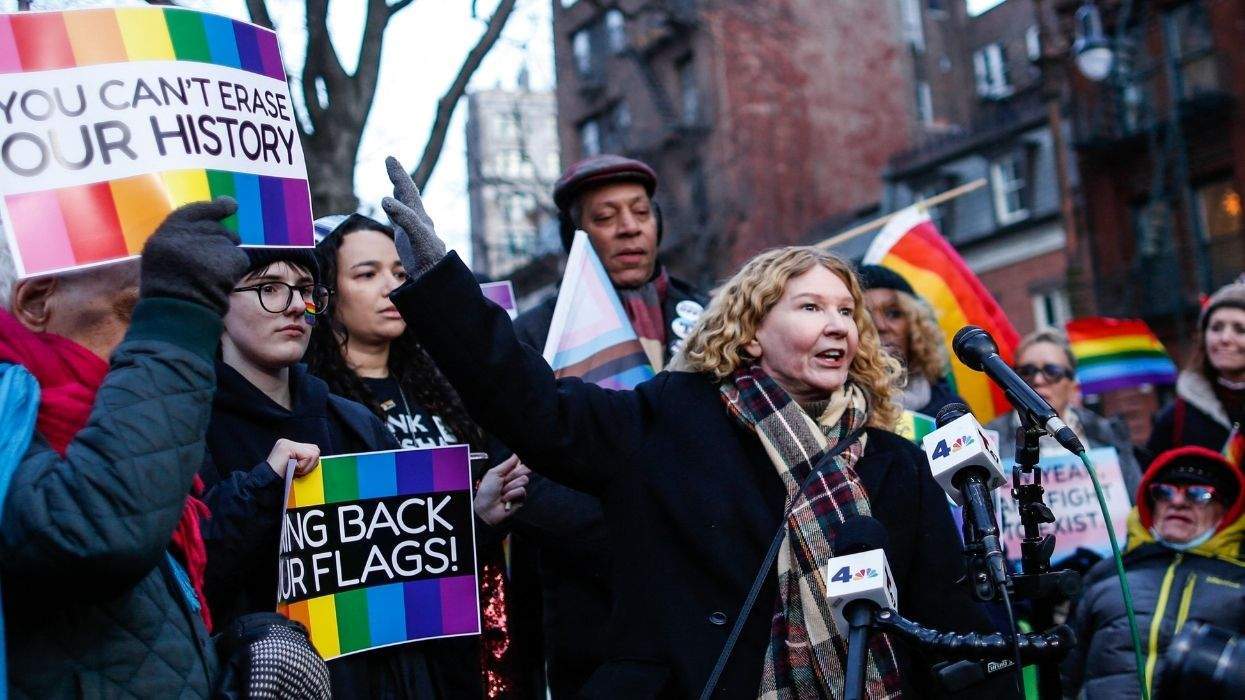The Inter-American Commission on Human Rights made public a 2019 decision finding Jamaica in violation of numerous laws protecting internationally recognized human rights for the LGBTQ+ community, and called on the country to immediately repeal archaic laws from the British colonial era that outlaw consensual same-sex sexual relations with up to ten years imprisonment and hard labor. The case, Gareth Henry and Simone Carline Edwards v. Jamaica, was brought by a gay man and lesbian woman forced to leave their island country due to violence and fear of death at the hands of homophobic police and gangs.
"I know what it is to live in fear," Gareth Henry, one of the parties in the case, said in a video posted to YouTube by the Human Dignity Trust, which represented Henry and Edwards in the case. "I know what it is to live in hiding and be ostracized. I know what it feels like to be beaten and left for dead."
"It's a real boost to see that the Commission is taking our complaint seriously," Edwards said in a statement. "It gives me hope that one day these outdated laws will be done away with, and I'll be able to return to my homeland without fear of attack."
"This is a major legal victory for Gareth, Simone, and the entire LGBT community in Jamaica and the wider Caribbean, where nine countries continue to criminalize consensual same-sex intimacy," Tea Braun, director of Human Dignity Trust, said in a statement.
In Gareth Henry and Simone Carline Edwards v. Jamaica, the Inter-American Commission found the government of Jamaica responsible for multiple violations of international agreements and rules. The commission declared Jamaica's responsibility to provide full economic reparations for various human rights violations, and repeal laws "prohibiting or discriminating on the basis of sexual orientation, gender identity or expression" and those that criminalize "consensual sexual conduct between men who have sex with men." The ruling also calls for studies and other programs to stamp out violence and discrimination against the LGBTQ+ community in the island nation, and develop and implement educational outreach programs to engender a more inclusive environment for all Jamaicans.
The case laid out a litany of homophobic violence and actions committed or permitted by the state. Henry fled to Canada following a series of violent assaults and other actions. In 2003 he was assaulted by police in front of a crowd of 70 people, and in 2007 he was threatened by police after being chased by a mob of 200 people "chanting that gay people must be killed." Edwards was shot multiple times by members of a homophobic gang just outside her home, who also tried to kill two of her brothers, including one who is gay. Like Henry, Edwards was forced to flee for her life and eventually found asylum in Europe.
Despite the violent past in his island nation, Henry expressed guarded optimism with the announced decision.
"I hope the Jamaican government will, for the first time, do what is right by the LGBT community," Henry said on the video.


